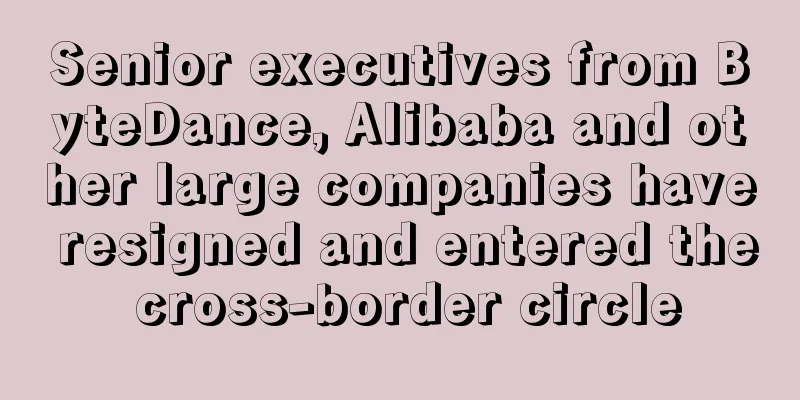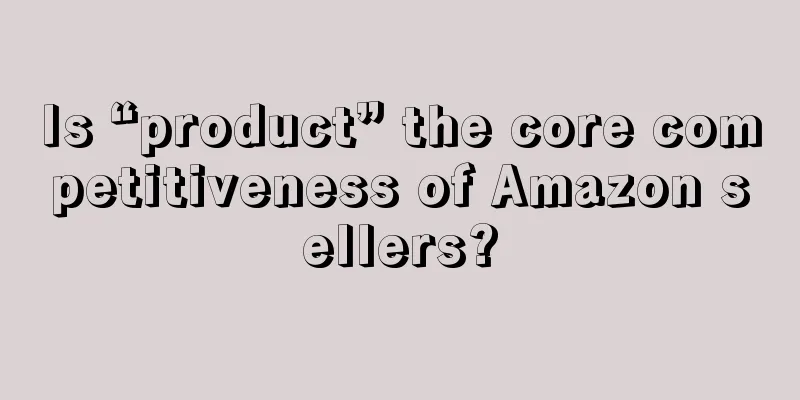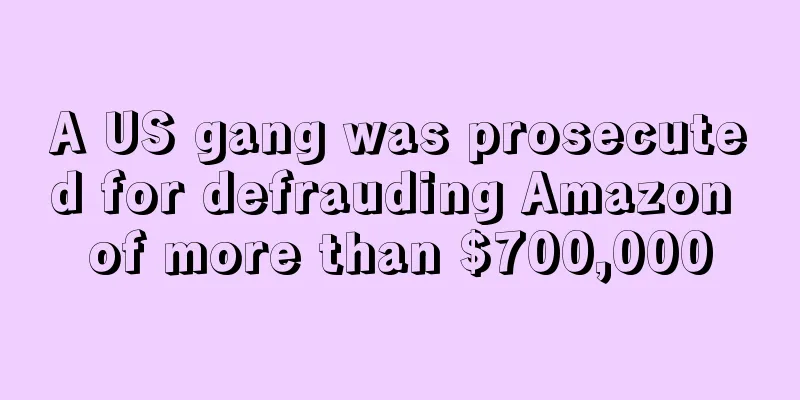What is CB certification? CB certification review, features

|
The CB system is a global mutual recognition system established by the International Electrotechnical Commission (IECEE). There are 45 certification bodies in 34 countries around the world participating in this mutual recognition system, and the member countries and member bodies of this organization are constantly expanding. After an enterprise obtains a CB certificate from one of the certification bodies, it can be easily converted into a certification certificate from another body, thereby obtaining access to the market of the relevant country.
Applicable countries There are 54 countries participating in the CB system, as follows: Americas : United States, Canada, Brazil, Argentina, Mexico, Colombia. Europe : United Kingdom, Ireland, France, Spain, Portugal, Norway, Sweden, Finland, Russia, Denmark, Poland, Netherlands, Belgium, Germany, Czech Republic, Austria, Slovenia, Slovakia, Hungary, Switzerland, Italy, Belarus, Ukraine, Romania, Greece, Turkey, Serbia, Croatia, Bulgaria. Asia : China, South Korea, Japan, Thailand, Singapore, Indonesia, Malaysia, India, Israel, UAE, Saudi Arabia, Pakistan, Bahrain. Africa : South Africa, Kenya, Libya. Oceania : Australia, New Zealand.
Product Range 1. Wire and cable CB certification (CABL). 2. Capacitor CB certification (CAP) of components, such as resistors, capacitors, crystal diodes, Zener diodes, inductors, varactor diodes, crystal triodes, sensors, etc. 3. CB certification (CONT) for appliance switches and automatic controllers of household appliances, such as lamps, lamp holders, transformers, capacitors, etc. 4. Energy efficiency CB certification (E3). 5. CB certification for household and similar equipment (HOUS), such as refrigerators, electric fans, air conditioners, ceiling fans, etc. 6. CB certification (INST) for installation accessories and connecting devices, such as cylinders, pneumatic components, SC standard cylinders, hydraulic cylinders, air regulating valves, etc. 7. CB certification (LITE) for lighting equipment, such as lighting lamps, headlamps, emergency lighting lamps, bulb lamps, LED flashlights, LED drivers, etc. 8. Information technology and office equipment CB certification (OFF). 9. Install protective equipment CB certification (PROT) such as circuit breakers, plugs, leakage protection switches, air switches, double-control switches, etc. 10. CB certification for safety transformers and similar equipment (SAFE). 11. CB certification for portable power tools (TOOL) such as electric drills, jig saws, miter saws, wrenches, welding pliers, etc. 12. CB certification (TRON) for electronic entertainment equipment, such as electronic display screens, electronic toys, VR products, computers, game consoles, etc.
Documents required before certification 1. Product instruction manual. 2. Safety design files (including key structural drawings, i.e. design drawings that reflect creepage distance, clearance, number and thickness of insulation layers). 3. Product technical requirements (or enterprise standards). 4. Product electrical schematic diagram. 5. Product roadmap. 6. List of key components or raw materials (please choose products with European certification marks). 7. A copy of the certification of the whole machine or components. 8. Other required information
Apply for a certificate Regarding the application of CB test certificate, the following points should be noted: The application for CB test certificate can be submitted by the applicant to any "issuing/approving" NCB covering the product range. The applicant can be either a manufacturer or an entity authorized to act on behalf of a manufacturer. An application may include one or more plants producing the product in one or more countries. Applicants/manufacturers/factories located in countries without IECEE member organizations need to pay an additional fee of 150 Swiss francs for each CB test certificate to compensate for the operating costs of the system. This fee is collected by the NCB that accepts the CB test certificate application and will be deposited into the IECEE account. The applicant can request the NCB to test the product based on the national differences of the country where the product is sold. The process for manufacturers to obtain product certification for the target market includes the following: · Application submitted to the NCB of the target country; CB test certificate; CB test report (may include national differences); Provide product samples to NCBs in target markets upon request. The purpose of requesting samples is to confirm that the product is consistent with the product tested by the original issuing NCB and that national differences have been covered.
develop Initially, the CB system was initiated by CEE (formerly the European "National Committee for Conformity Testing of Electrical Equipment") and was incorporated into the IEC in 1985. The IECEE CB system is the first truly international system for mutual recognition of electrical product safety test reports. A multilateral agreement is formed between the national certification bodies (NCBs) of various countries, and manufacturers can obtain national certification from other member countries of the CB system with a CB test certificate issued by an NCB. The CB system is based on international IEC standards. If the national standards of some member countries are not completely consistent with IEC standards, national differences are allowed, but they should be announced to other members. The CB system uses CB test certificates to confirm that product samples have successfully passed appropriate tests and meet the relevant IEC requirements and the requirements of relevant member countries. The main goal of the CB system is to promote international trade by promoting the unification and coordination of national and international standards and the cooperation of product certification bodies, so that manufacturers can get closer to the ideal goal of "one test, multiple applications".
effect Enterprises that obtain CB test certificates are conducive to product export. Electrical products used in homes, offices, workshops and similar places directly involve personal safety. Such products are subject to compulsory certification in some countries, that is, they are allowed to be exported to the country and sold in the country's market only after obtaining the country's certification certificate. Even in countries where compulsory certification is not implemented, consumers are willing to buy certified products with certification marks for their own safety. Therefore, large department stores only sell certified products, and the price is higher than that of uncertified products. Just like the power tools sold by our country to Hong Kong businessmen, they offer 2 US dollars more for products with CB certificates than uncertified products. Certified products can protect the personal safety of users, are easy to sell, and the price is relatively high. In addition, enterprises selling uncertified products also bear the risk of compensation for losses. Once it is determined that the product has caused personal or property losses to consumers, the enterprise has the responsibility to compensate. The occurrence of such an accident will bring adverse consequences to our country in the international market, and it will be difficult for such products to find customers in international trade. Therefore, not only economic losses are suffered, but also credibility is lost. |
<<: What is Yiqi E-commerce Academy? Yiqi E-commerce Academy Review, Features
>>: What is Yifeng E-commerce College? Yifeng E-commerce College Review, Features
Recommend
The dark horse in the category became the number one in the United States in just 3 years!
Mentioning Karl Lagerfeld, the helmsman of the fa...
What is AMZ520? AMZ520 Review, Features
Amz520 is a navigation system specially designed ...
What is DigiTop? DigiTop Review, Features
DigiTop (Shenzhen DigiTop Technology Service Co., ...
AliExpress adjusts the fees for "Overseas Undeliverable Return Service", Alibaba announces 2021 financial report
AliExpress will adjust the fees for "Oversea...
Inspection rate increased! Customs strictly checks British agents, some sellers' goods were detained
The policy environment for the cross-border e-com...
Spending will continue to fall! 43% of Swiss plan to shop less after the pandemic
Almost half of Swiss consumers want to spend less...
What is Shopper? Shopper Review, Features
Shopper is a subscription-based monthly delivery s...
What is Walmart Brand Portal? Walmart Brand Portal Review, Features
Walmart Brand Portal is a one-stop store manageme...
AliExpress 618 promotion starts: increasing logistics subsidies to boost merchant orders
AliExpress (AliExpress) 618 summer sale has start...
What is Brand Registry? Brand Registry Review, Features
Brand Registry refers to applying for brand prote...
How to choose holiday products: Etsy releases annual holiday trend report
Etsy has released its 2021 Holiday Trends Report ...
Entering Southeast Asia! Hazzys opens brand shopping mall on Shopee
Recently, foreign media reported that Hazzys has ...
Amazon has helped 2.5 million small and medium enterprises in India to digitize
Amazon India said on Thursday that it has digitiz...
What is BeTree E-commerce Academy (Weishu Education)? BeTree E-commerce Academy (Weishu Education) Review, Features
BeTree E-commerce Academy (Shenzhen BeTree Educat...
Newegg reaffirms full-year 2021 financial forecast, with net income rising!
According to official news from Newegg, Newegg ex...









